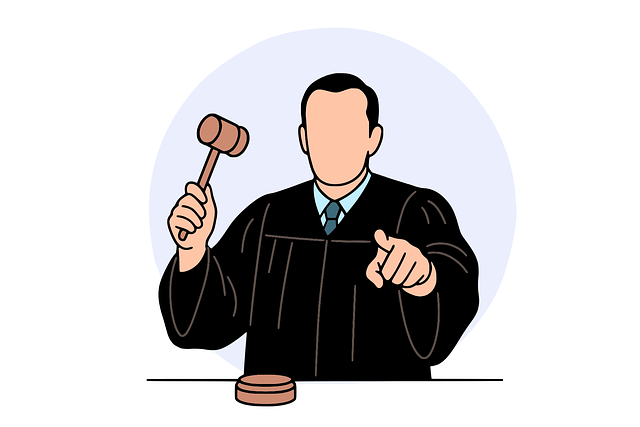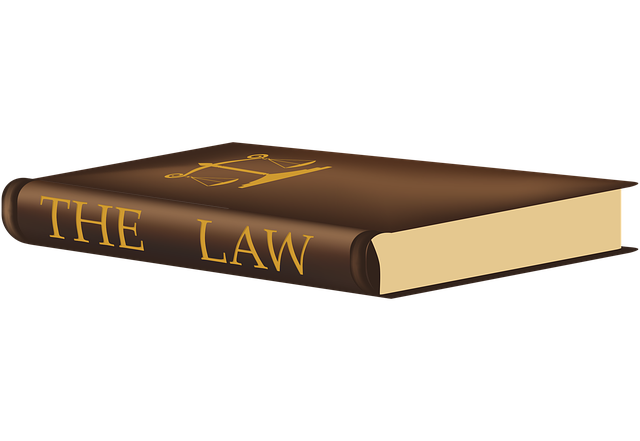A back injury lawyer relies on a meticulous initial assessment phase to understand client injuries' severity and nature, gathering evidence such as medical records, witness statements, and expert opinions. They tailor their approach based on unique case circumstances (e.g., nursing home neglect, employment disputes) for the best legal strategy. Through strategic negotiation or litigation, these lawyers provide comprehensive representation, aiming for just compensation through settlements or successful verdicts in complex cases like truck accidents or wrongful death lawsuits.
A back injury lawyer plays a pivotal role in ensuring justice for clients who have suffered spinal or musculoskeletal traumas. Through meticulous initial assessments, these legal professionals understand their clients’ unique needs and challenges. They then employ strategic planning, gathering compelling evidence to build strong cases.
Their expertise extends to effective negotiation and litigation, advocating fiercely for fair settlements or successful trials. With a keen eye for detail and unwavering dedication, back injury lawyers secure favorable outcomes, offering much-needed support during difficult times.
- Understanding Client Needs: The Initial Assessment
- Building a Solid Case: Strategies and Evidence Gathering
- Negotiation and Litigation: Representing Clients Effectively
Understanding Client Needs: The Initial Assessment

When a client first reaches out to a back injury lawyer, the initial assessment is crucial. The attorney must quickly grasp the severity and nature of the client’s injury, as well as any relevant circumstances surrounding it. This often involves detailed discussions about the incident—when and where it happened, how it occurred, and who was involved—to build a solid legal strategy.
During this phase, understanding the client’s needs is paramount. Does the case involve nursing home neglect, an employment dispute, or a personal injury from an accident? Each scenario requires tailored knowledge and approach. The back injury lawyer will also consider any medical records, witness statements, and other evidence to strengthen the claim. This initial assessment paves the way for an effective legal strategy aimed at securing just compensation for the client.
Building a Solid Case: Strategies and Evidence Gathering

When building a solid case for a back injury lawyer, meticulous strategy and comprehensive evidence gathering are paramount. The attorney must first assess the unique circumstances of each client’s injury, understanding the cause, extent, and impact on their life. This involves reviewing medical records, consulting with healthcare professionals, and often conducting expert witness interviews to gain insights into the physical and emotional toll of back injuries.
Evidence collection goes beyond medical documentation. For instance, in slip and fall cases, photos of the accident scene, security footage, and witness statements can be crucial. In insurance coverage dispute scenarios, understanding policy terms and reviewing correspondence with insurance companies is essential. Even elder abuse cases require specific evidence, such as care records and expert opinions on the standard of care expected from caregivers or facilities. The back injury lawyer’s ability to navigate these aspects significantly influences the strength of their legal strategies.
Negotiation and Litigation: Representing Clients Effectively

A proficient back injury lawyer combines negotiation skills with litigation expertise to offer clients robust legal representation. When it comes to representing clients effectively, a strategic negotiator can help resolve cases outside of court, often securing significant settlements without the need for lengthy and costly trials. This approach benefits both parties by saving time and legal fees, while also allowing for quicker access to compensation.
However, for complex or contentious cases involving issues like property damage claims from truck accidents or wrongful death lawsuits, litigation becomes inevitable. A seasoned back injury lawyer adeptly navigates these legal battles, leveraging their knowledge of regulations, precedents, and procedural nuances to advocate fiercely on behalf of clients. Their goal is always to achieve the best possible outcome, whether through settlement negotiations or a successful verdict in court.
A successful back injury lawyer builds trust by understanding client needs from the initial assessment, utilizing strategic evidence gathering, and employing effective negotiation and litigation techniques. By focusing on these key areas, they deliver robust legal strategies tailored to secure favorable outcomes for their clients, ensuring justice is served in cases involving debilitating back injuries.






